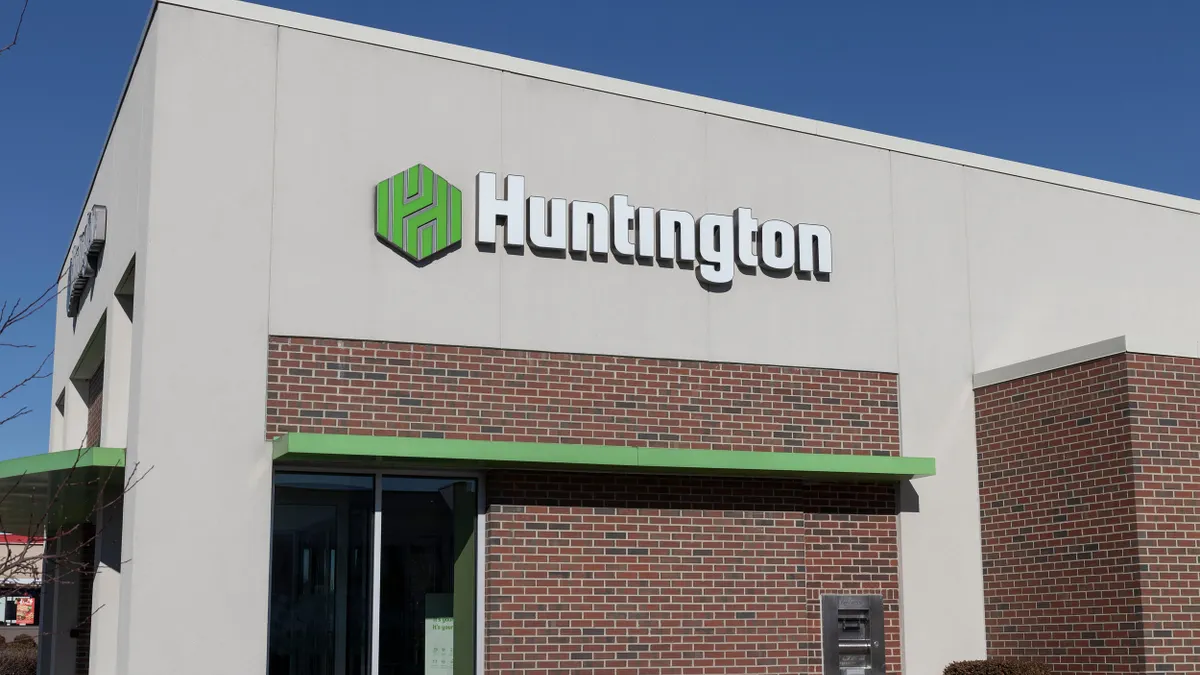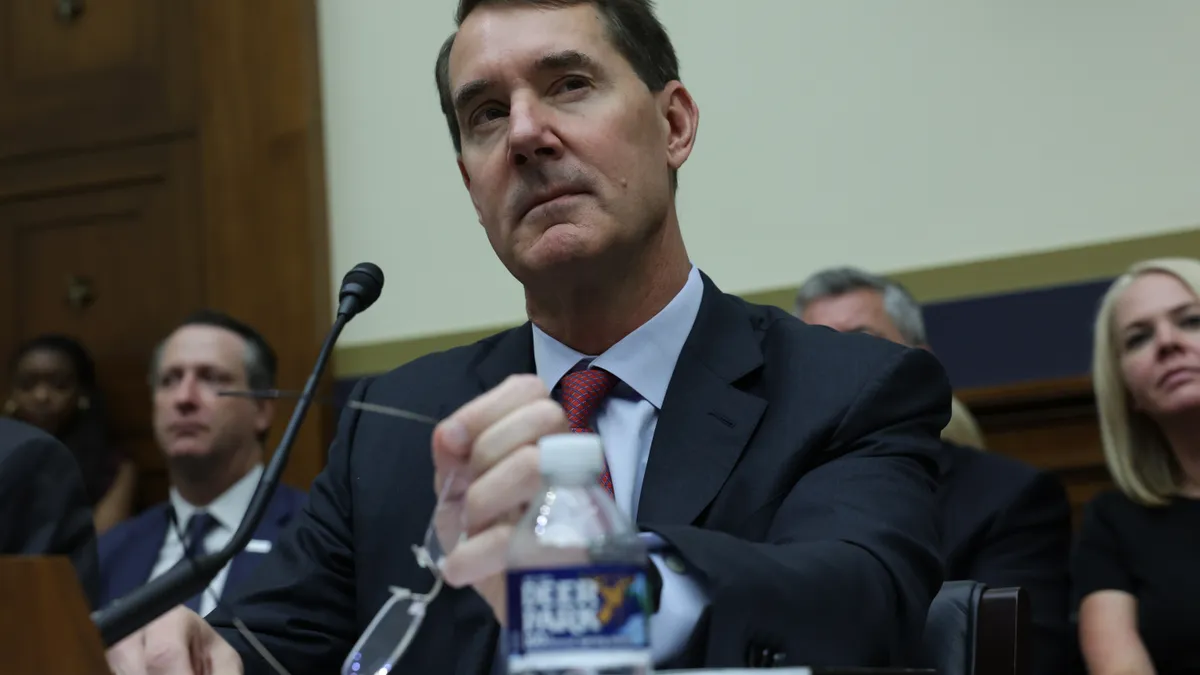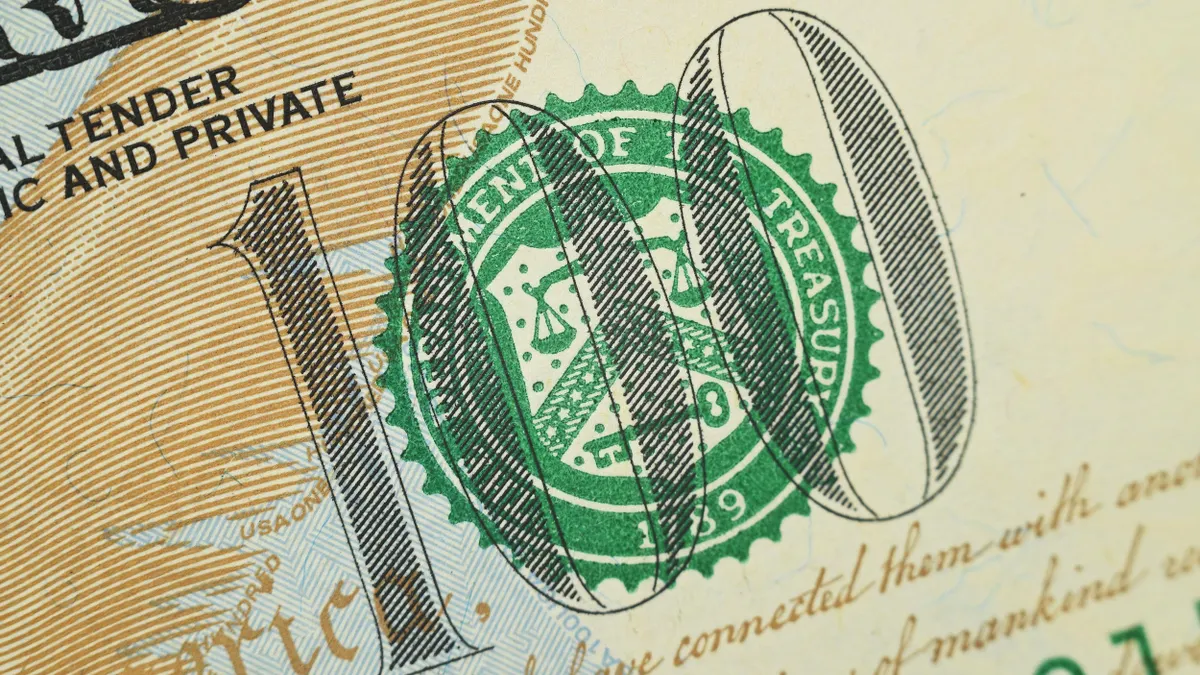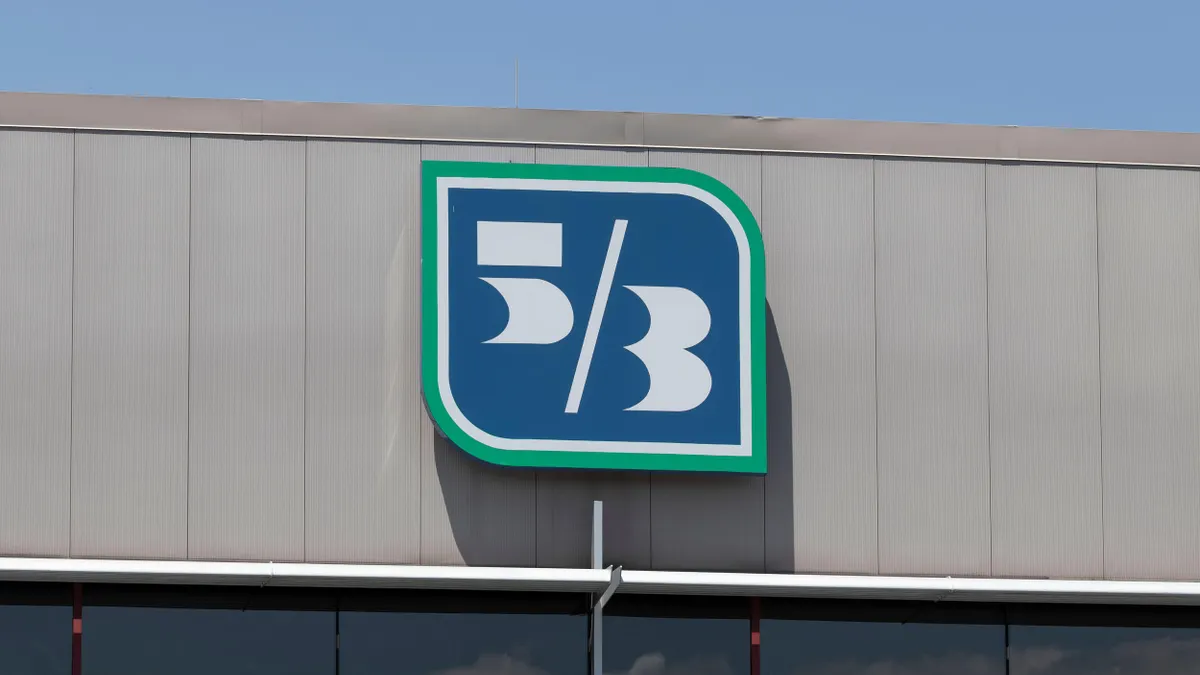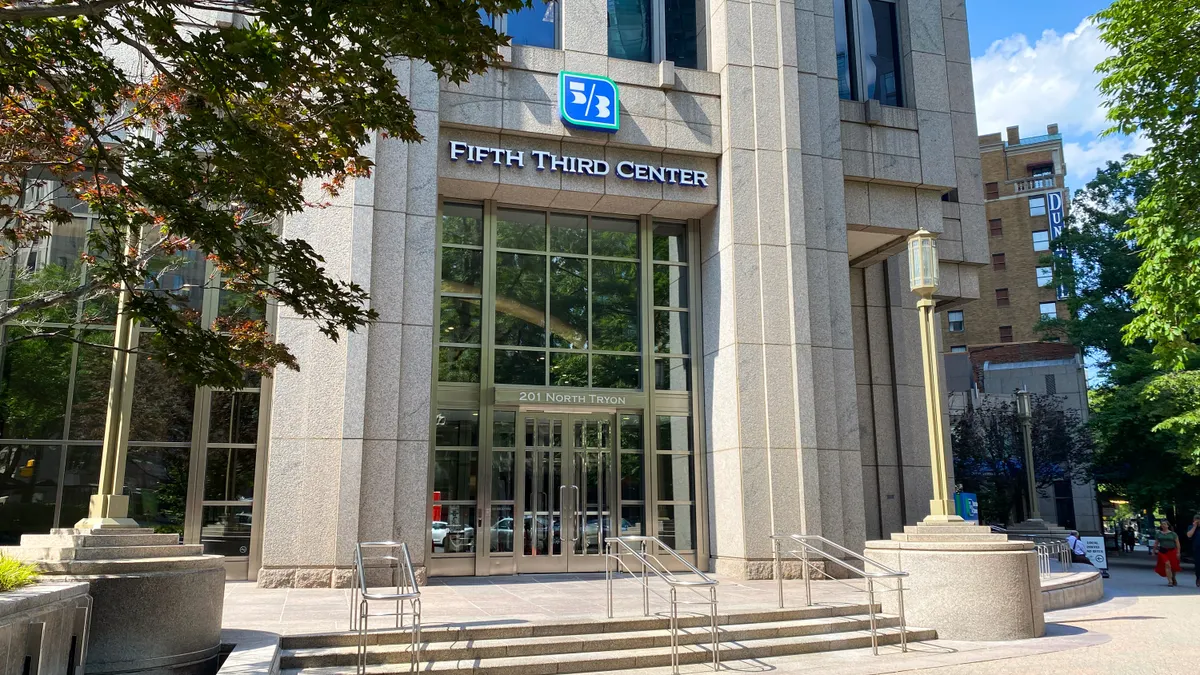Citi is understandably upset. It must be difficult to be held up as a cautionary tale. Last month's court decision against the bank — ruling that creditors can keep more than $500 million Citi sent them in a full, albeit mistaken, payoff of a 2016 Revlon loan — has spurred some banks, including Citi itself, to insert clauses in their debt contracts allowing banks to demand repayment in the event of an accidental transfer.
Pet supply brand Petco, in a deal led by Citi, included language in its debt documents to defend against "erroneous" payments, credit analysis company 9fin told the Financial Times. Cement producer Eagle Materials and industrial equipment maker Mesa Labs have much the same wording in their contracts for which JPMorgan Chase serves as lead arranger, 9fin said.
Justin Forlenza, a senior analyst at Covenant Review, a credit research company, told the Financial Times at least 10 deals since the start of 2021 have included accidental payment terms.
"All the arrangers want to avoid that scenario going forward," he said. "This is probably going to become pretty standard ... There's no harm in putting it in."
Citi is appealing the February decision, which leaned on precedent from a 1991 case in which New York's highest court ruled that when a third party mistakenly sends money from a debtor to a creditor, the creditor can keep the payment if it didn't realize it was sent in error and didn't make any misrepresentations — a principle called discharge for value. If the decision isn't overturned, Citi could seek repayment from Revlon group because the bank has claimed rights as a Revlon creditor, Bloomberg reported.
Despite that potentially awkward scenario, Citi and Revlon are still working together. On Monday, they closed an amendment to the cosmetics firm's revolving credit line, Revlon said in its fourth-quarter earnings report.
Future business prospects are not as rosy between Citi and some of Revlon's creditors — particularly, companies the bank sued after they refused to return the accidental payoff.
Citi is blocking Brigade Capital Management, HPS Investment Partners and Symphony Asset Management — defendants in the case — from participating in new-issue debt deals the bank is leading, Bloomberg reported, citing anonymous sources.
The asset managers can still participate if an issuer specifically requests that they join the offering, a Bloomberg source said, but otherwise will have to wait to trade in the secondary market.
Citi has a hand in a sizable chunk of the debt market. It was the third most-active manager for new high-yield bonds in 2020, helping to arrange 324 deals worth a total of $32 billion, according to Bloomberg data.
Beyond that, the bank is blocking the defendants' access to credit lines and trading activities — even denying them warehouse financing to handle collateralized loan obligations, Bloomberg reported. There, too, Citi has been a leading issuer.
The cutting of business ties was not altogether unexpected but rather was among asset managers' calculations when they chose to keep their portions of the errant Citi transfer, Bloomberg's sources said.
However bitter the business divorce or the swallowed pill of lessons learned, Citi can turn cautionary tale to covetousness if it turns its focus away from the Revlon fallout — the bank restated its fourth-quarter earnings to account for $323 million lost in the matter, not to mention a fine and the tech spend to update its outdated loan operation software — and toward an of-the-moment area in which it can be a true pioneer.
A turn of fortune?
The bank announced Wednesday it is participating in a pilot program with a healthcare company, an artificial intelligence-based health assessment app and a Harvard University COVID-19 researcher to give about 1,000 of its branch workers and traders a new at-home rapid test.
The window of opportunity is slight. President Joe Biden has said he wants all U.S. adults to be eligible for a coronavirus vaccine by May 1.
But the Harvard researcher, Michael Mina, said the vaccines won't end the pandemic. "This virus is, in many ways, just getting started still," he told Bloomberg on Wednesday. "It's just now showing what it can really do in terms of mutating, finding new ways to infect humans that can evade the immune system. So the more we vaccinate, the more likely it is we will start getting strands that are specifically evading vaccine-derived immunity. And we have to be prepared for that."
The test isn't yet approved by the Food and Drug Administration (FDA). Mina said he wants to see early results before inviting other companies to participate. But if the pilot is successful, it could give Citi an inside track on the race to an office return — particularly for traders, among whom it is believed in-person interactions could provide an advantage.
"Citi is thrilled to be part of this groundbreaking effort," Lori Zimmerman, the bank's corporate medical director, said in a blog post Wednesday. "We will use the learnings from this initial pilot to inform Citi's broader plans around at-home testing and our future return to office strategy."
CEOs for at least two of Citi's competitors — Goldman Sachs and JPMorgan Chase — have been outspoken in their desire to return to the office. Goldman CEO David Solomon on Thursday reiterated his plea to bring staff back by summer. "We understand that until more of us are vaccinated, that is going to be a challenge," he told employees via Zoom call, according to Reuters. "But based on the current pace of vaccinations, and where we hope to be by the summer, we believe that we are well-positioned and there is a good chance that we can meet that goal."







